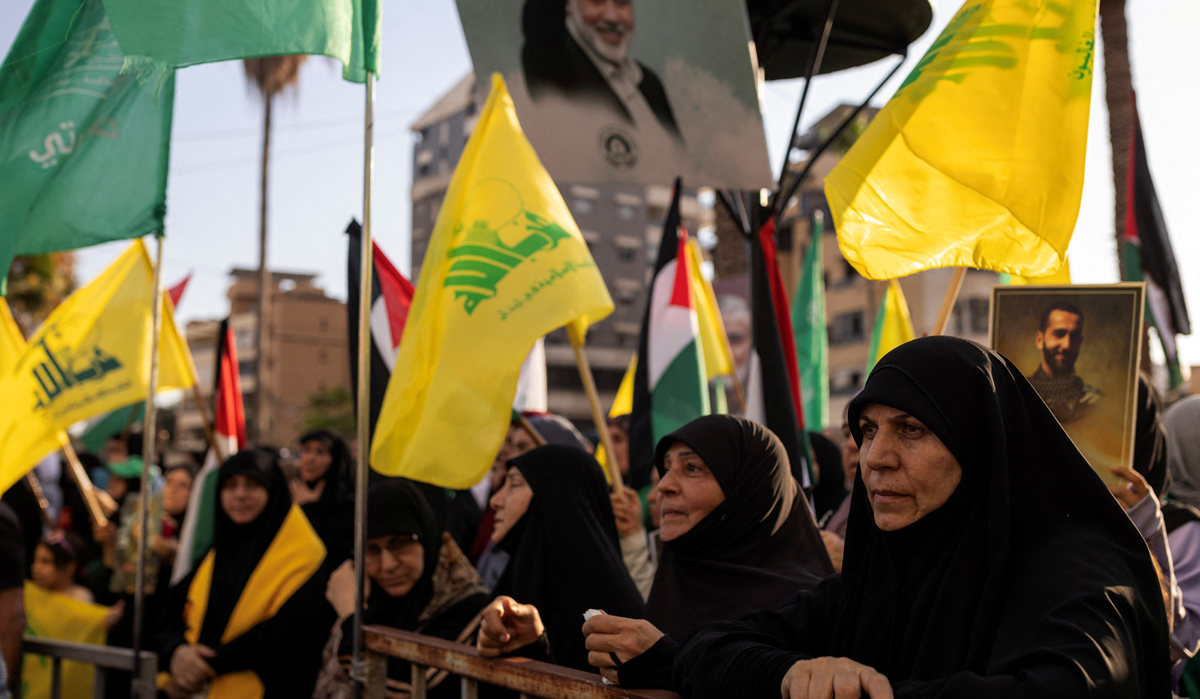As the fear of a wider conflict looms in the Middle East, several countries have urged their nationals to leave Lebanon. The United States has issued a warning urging its citizens to leave the country on "any ticket available."
After the death of top Hamas leader Ismail Haniyeh on Wednesday, Iran has vowed retaliation against Israel. Though Israel has not claimed responsibility for the attack, Hamas and Iran accused Tel Aviv of involvement.
So far the diplomatic efforts by the US and other Western countries to de-escalate the tensions across the region have not been fruitful. Experts had pointed out that Haniyeh’s death could lead to ‘regional instability’, widening the conflict.
Countries including the United Kingdom, Sweden, France, Canada and Jordan urged its citizens to leave Lebanon as soon as possible.
"We are sending extra military personnel, consular staff and border force officials to help with any evacuations," said UK Foreign Secretary David Lammy. He also added that the regional situation could "deteriorate rapidly".
India had also issued an advisory to its citizens in Lebanon on Friday. "In view of the recent escalations in the region, Indian nationals are advised to avoid all non-essential travel to Lebanon. All Indian nationals in Lebanon are advised to exercise caution, restrict their movements and remain in contact with Embassy of India in Beirut through their email id: cons.beirut@mea.gov.in or the emergency phone number 96176860128," the Indian Embassy in Lebanon said.
The French foreign ministry recommended citizens residing in Iran temporarily leave the country given the risk of its airspace being closed.
The ministry called on its citizens in Lebanon, especially those on trips there, to take advantage of the fact that there are still commercial flights available to leave.
Since the Gaza war, the Hezbollah-Israel conflict rose. Most of the strikes and violence were contained to the border areas so far, however, with the recent death of Hezbollah senior commander Fuad Shukr in Beirut, tensions have escalated.
Hezbollah has vowed a 'strong' response to Shukr's assassination. On Sunday, Hezbollah launched an airstrike at the town of Beit Hillel in northern Israel. Iron Dome air defence system intercepted the rockets and no casualties have been reported so far.
In response to the attacks, Israel's air force targeted southern Lebanon.
Supreme leader Ayatollah Ali Khamenei had said that it was "Iran's duty" to strike back at those behind the Haniyeh's killing. Haniyeh was killed in Iran, as he reached there to attend the presidential inauguration.
Israel PM Benjamin Netanyahu has also warned Israelis that "challenging days lie ahead...We have heard threats from all sides. We are prepared for any scenario."
Egyptian Foreign Minister Badr Abdelatty expressed his “deep concern over the dangerously increasing pace of escalation” to his Lebanese counterpart Abdallah Bou Habib. In a phone call with Habib, Abdelatty affirmed Egypt’s support to Lebanon in confronting the threats surrounding it, the Egyptian foreign ministry said in a statement.


